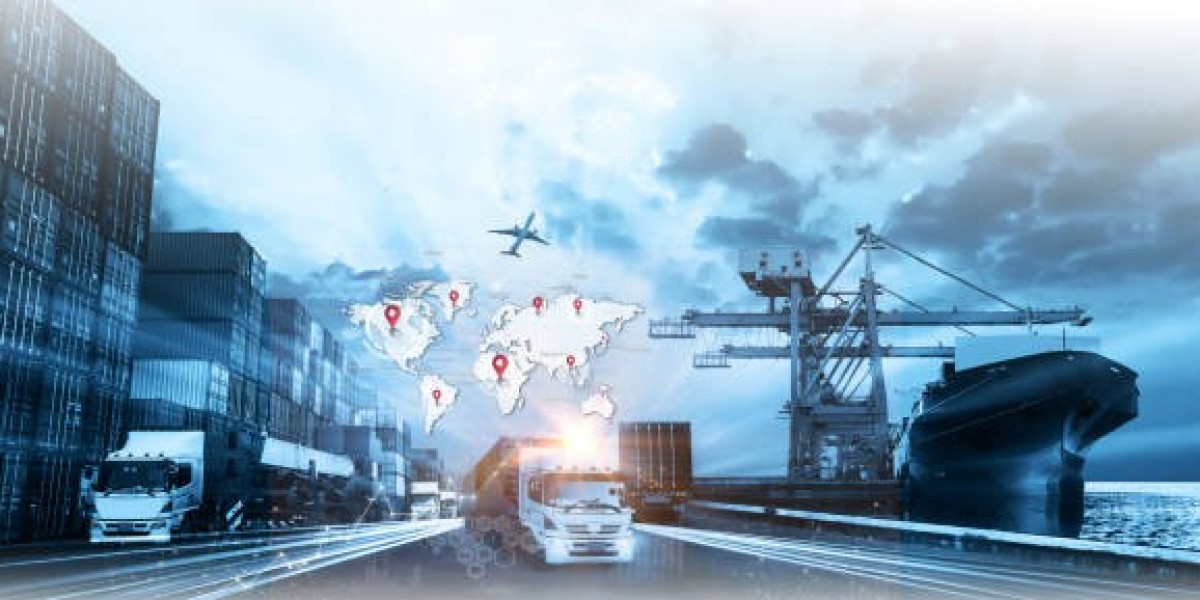In today’s fast-paced retail environment, customer expectations are higher than ever. Shoppers now demand rapid, flexible, and affordable delivery options — making last mile transportation one of the most crucial and challenging aspects of the supply chain. Often the most expensive and complex stage of the delivery process, last mile transportation refers to the final step in moving a product from a distribution center or store to the end customer. For retailers, successfully overcoming last mile challenges can be the key to staying competitive and profitable.
Key Challenges in Last Mile Transportation
1. High Delivery Costs
Last mile transportation can account for more than 50% of total shipping costs. Factors such as fuel prices, vehicle maintenance, and driver wages significantly contribute to the cost burden. Additionally, failed deliveries or redelivery attempts further increase expenses.
2. Urban Congestion and Traffic Delays
In densely populated urban areas, traffic congestion and limited parking make on-time deliveries difficult. Delivery vehicles often face delays, restricted access times, or inefficient routes, which slow down the entire process and impact customer satisfaction.
3. Meeting Customer Expectations
Today’s consumers expect next-day or even same-day delivery, real-time tracking, and precise delivery windows. These demands put pressure on retailers to optimize operations and deliver a seamless experience without inflating costs.
4. Inefficiencies in Delivery Networks
Retailers that rely solely on centralized distribution models often struggle to achieve speed and flexibility. Delivering to remote areas or dealing with seasonal spikes in demand can further strain resources.
How Retailers Are Overcoming Last Mile Transportation Challenges
To remain competitive, innovative retailers are adopting new strategies and technologies that streamline last mile delivery and improve efficiency. Here are some of the most effective approaches:
1. Leveraging Retail Ship from Store
Retail ship from store is revolutionizing last mile logistics. By turning physical retail stores into mini-distribution centers, retailers reduce the distance to customers, speed up delivery, and cut transportation costs. This strategy not only improves delivery timeframes but also allows retailers to optimize existing inventory across multiple locations.
For example, a retailer with 100 stores can fulfill an online order from the closest location to the customer, rather than a distant warehouse. This localized fulfillment leads to faster, more cost-effective delivery — a win-win for both retailers and consumers.
2. Investing in Last Mile Delivery Solutions
Modern last mile delivery solutions offer route optimization, dynamic scheduling, and real-time tracking capabilities. These technologies help retailers minimize delivery times, reduce fuel consumption, and provide customers with accurate delivery ETAs.
Some platforms integrate with customer communication tools to send delivery alerts and allow recipients to reschedule or reroute deliveries. This minimizes failed delivery attempts and enhances customer satisfaction.
3. Partnering with Third-Party Logistics Providers (3PLs)
Retailers are increasingly partnering with 3PL companies that specialize in last mile transportation. These partners often have established infrastructure, skilled drivers, and advanced delivery management systems that enable faster and more reliable deliveries. Retailers can scale their operations quickly without heavy upfront investment in logistics infrastructure.
4. Utilizing Crowdsourced and Autonomous Delivery Options
Crowdsourced delivery platforms, such as gig-economy drivers or on-demand couriers, offer a flexible and scalable last mile solution. Some retailers are also exploring autonomous delivery vehicles and drones as futuristic options to reduce human dependency and improve delivery timelines.
As eCommerce continues to grow, the importance of efficient last mile transportation cannot be overstated. Challenges such as high costs, urban congestion, and rising customer expectations make this a complex area for retailers to navigate. However, by adopting innovative strategies like retail ship from store, investing in advanced last mile delivery solutions, and partnering with logistics experts, retailers can overcome these hurdles.
Ultimately, success in the last mile isn’t just about delivering packages — it’s about delivering exceptional customer experiences that build loyalty and drive long-term growth.
For Original Post view: https://tmssoftware.hazeronwiki.com/7860758/last_mile_transportation_challenges_and_how_retailers_overcome_them
































